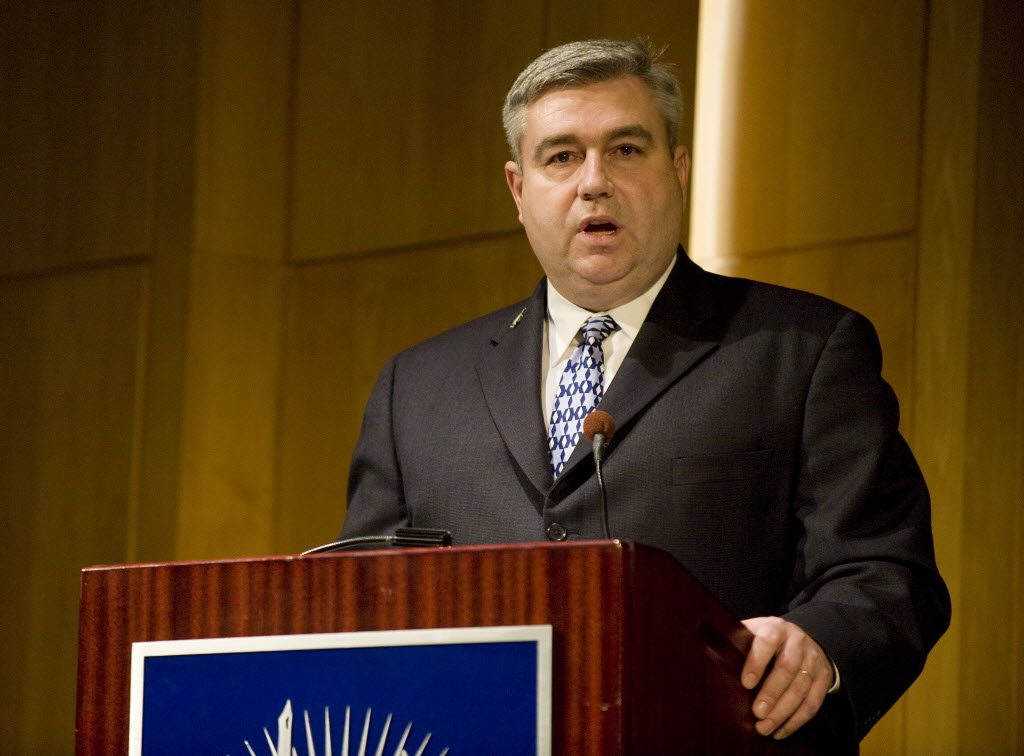In a small room above the student center Thursday morning, Knight and representatives from the Boys and Girls Club of Southwest Washington signed an agreement establishing a scholarship program called Penguin Promise.
Basically, it pays for certain students to go to Clark for up to three years if they follow a strict regimen during their earlier schooling from eighth grade on.
The program will not use any current college dollars. Instead, the Clark College Foundation and the Boys and Girls Club will be looking for donations to set up an endowment, Ara Serjoie, vice president of the foundation, told The Columbian.
The program will start enlisting its first middle and high school students this fall. The students will sign a pledge in eighth grade — joining the program later reduces their scholarship — to play by a list of rules for the remainder of their school career.
Candidates must be Clark County residents who attend the Boys and Girls Club, Knight said.
They must take math and English classes, and must have an average attendance rate above 90 percent during all four years of high school.
They must enter Clark within two years of getting their high school diploma and maintain a grade-point average of at least 2.0 there.
The students will have mentors available at the Boys and Girls Club and the college. The program mainly targets at-risk populations and first-generation college students, but there will not be a set income limit to apply, Serjoie said.
The scholarship is meant as a “top-off” fund, meaning it kicks in after other grants or scholarships are exhausted, he said. Students in the program will be expected to apply for at least two other sources of college money. They will not be expected to take out loans, Serjoie said.
The first group of students — up to 25 will be accepted each year — would enter Clark in 2016, Knight said.
If the program and the fundraising are successful, Penguin Promise would be expanded communitywide, Knight said.
Other recent private-public projects at Clark include a program that trains PeaceHealth Southwest Medical Center workers to become state-certified nursing assistants, an early-learning center made possible by the Oliva family, and a new dental hygiene lab mostly paid for by the Roy and Virginia Andersen Endowment Fund, Knight said.
Those partnerships and donations have somewhat softened the blow of repeated state budget cuts. A few years ago, the state paid about 60 percent of Clark’s operating expenses, Knight said. By the end of this year — after the next anticipated round of cuts — the state is expected to cover less than 40 percent, he said.
In the same period, students saw their tuition rise nearly 30 percent. Tuition will rise by another 12 percent next year, Knight said. That increase is set at the state level, not by the college. More and more students take out loans to cover rising expenses, Knight said.
A recommendation by Gov. Chris Gregoire to slash higher education payments by 13 percent to help balance the state budget would take $3 million from Clark, Knight said. About $1 million would be recouped by the tuition increase.
“These are tough times and we’re not asking for a budget increase,” Knight said.
But further cuts would slow the training of workers and hurt the economic recovery, he said. Gregoire also suggested to temporarily raise the state sales tax by one-half cent and have that revenue go to education.
Knight called that proposed increase a “wise investment in our state.”
Jacques Von Lunen: 360-735-4515; jacques.vonlunen//www.twitter.com/col_schools.



